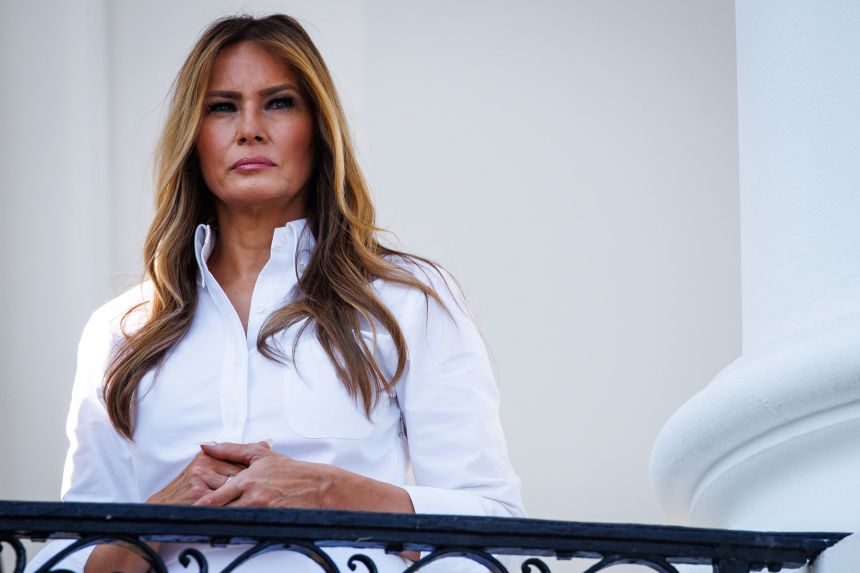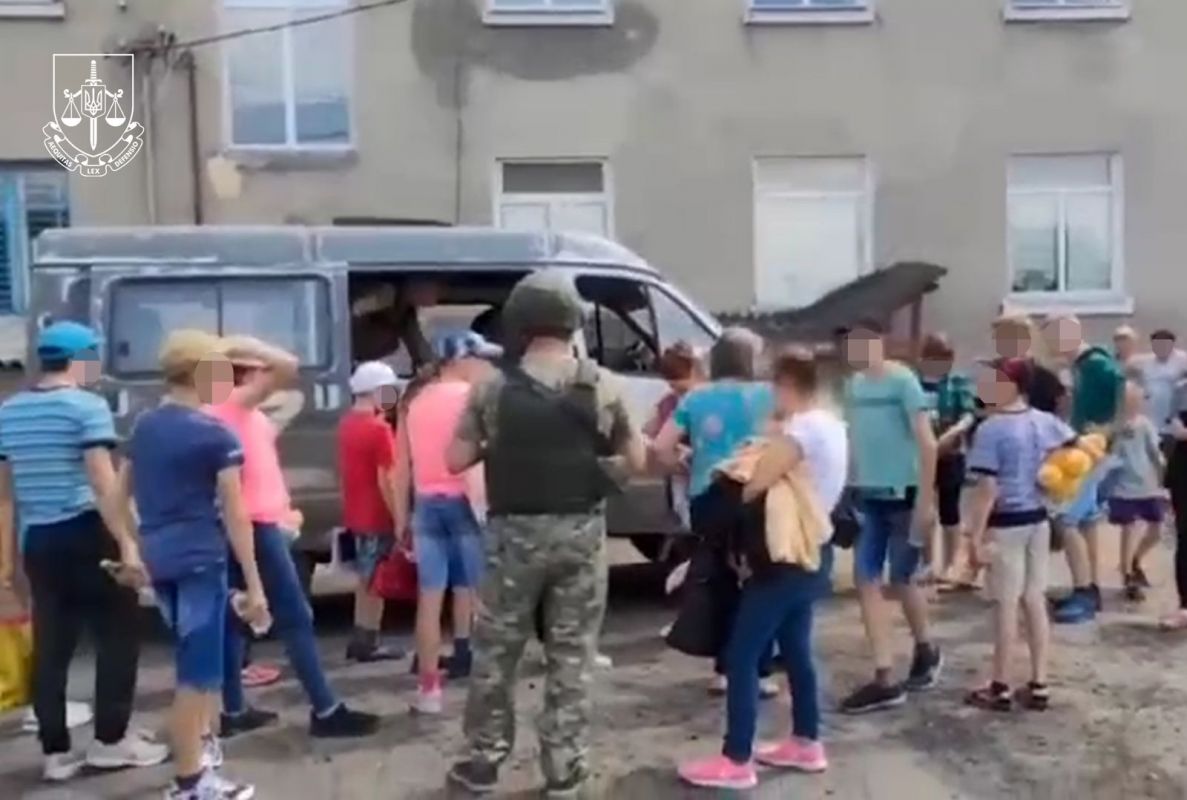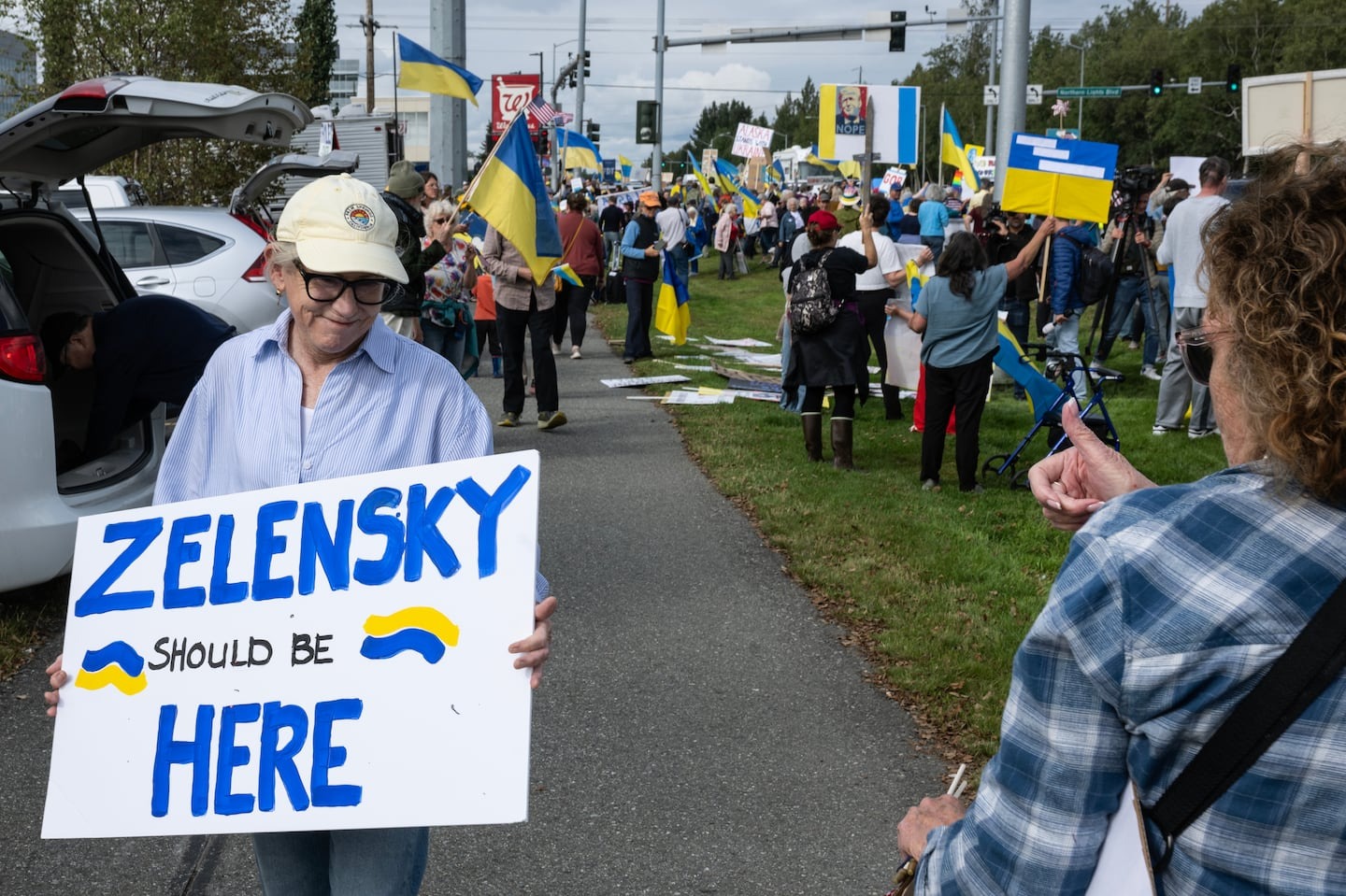EU leaders demand “ironclad security guarantees” for Ukraine, vow stronger Russia sanctions after Trump-Putin talks

European leaders issued a pointed statement that reveals deep concerns about being sidelined in Ukraine peace negotiations after the 15 August Trump-Putin summit in Alaska.
“There’s no deal until there’s a deal,” Trump told reporters, rating the encounter “10 out of 10” while acknowledging they hadn’t resolved “a couple of big ones.” Putin described the talks as “constructive.” For him , the direct talks with Trump offered symbolic validation after years of isolation.
Trump also indicated that responsibility for reaching a ceasefire now lies with Ukrainian President Volodymyr Zelenskyy.
The Ukrainian president was excluded from the summit, sparking concerns among European allies that Kyiv could be pressured into territorial concessions.
The joint declaration from seven EU leaders—released early 16 August morning—welcomed President Trump’s diplomatic efforts while laying down non-negotiable red lines that could complicate any future deal.
According to the European Union statement, leaders including French President Emmanuel Macron, Italian Prime Minister Giorgia Meloni, European Commission President Ursula von der Leyen, and German Chancellor Friedrich Merz insisted that Ukraine must receive “ironclad security guarantees to effectively defend its sovereignty and territorial integrity.”
The statement reveals European priorities that may not align with whatever Trump and Putin discussed in their three-hour meeting Friday at Joint Base Elmendorf-Richardson in Alaska.
“We are clear that Ukraine must have ironclad security guarantees to effectively defend its sovereignty and territorial integrity. We welcome President Trump’s statement that the US is prepared to give security guarantees. The Coalition of the Willing is ready to play an active role.”
European leaders want direct involvement in any future negotiations, declaring they are “ready to work with President Trump and President Zelenskyy towards a trilateral summit with European support.”
The EU statement offers clues about what European leaders fear most. Their insistence that “no limitations should be placed on Ukraine’s armed forces or on its cooperation with third countries” suggests concern that Trump might agree to constraints on Western military aid.
Even more pointed: “Russia cannot have a veto against Ukraine’s pathway to EU and NATO,” the leaders declared—a direct pushback against any deal that would limit Ukraine’s Western integration.
The Europeans also rejected territorial concessions, stating bluntly that “it will be up to Ukraine to make decisions on its territory. International borders must not be changed by force.”
Europe ready for continued pressure on Russia
The EU leaders’ statement reads like diplomatic insurance—an attempt to lock in principles before Trump sits down with Zelenskyy for follow-up talks, scheduled on 18 August in Washington.
Their promise of continued pressure reveals the leverage they’re prepared to use:
“As long as the killing in Ukraine continues, we stand ready to uphold the pressure on Russia. We will continue to strengthen sanctions and wider economic measures to put pressure on Russia’s war economy.”
The leaders want to ensure “unwavering solidarity” with Ukraine while working toward “a peace that safeguards Ukraine’s and Europe’s vital security interests.”
The next phase will reveal whether Trump’s promised meeting with Zelenskyy can bridge the gap between what Russia might accept and what Europe demands.
The Alaska summit may have been bilateral, but any lasting agreement will need to satisfy a much larger coalition—one that Europe just reminded everyone it intends to lead.


